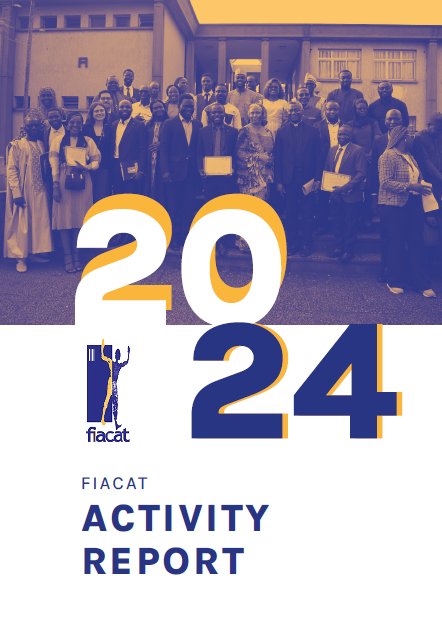"Torture destroys communities": An interview with the UN Special Rapporteur on Torture
For over 25 years, Dr Alice Edwards has been at the forefront of the global fight against torture. As the current UN Special Rapporteur on Torture, she has focused on addressing this crime in conflict zones, regulating the equipment used by police forces to commit torture, and improving prison conditions worldwide. As the Convention Against Torture celebrates its 40th anniversary in 2024, she reflects on progress made, as well as persistent challenges this treaty faces worldwide and shares her vision for a future free from torture.
Why did you decide to get involved in the fight against torture?
I've been involved in human rights and torture prevention for over 25 years, inspired by global conflicts like those in Bosnia and Rwanda during my university years. My family and friends were affected by those conflicts, so my journey to human rights was a very personal one.
As the Convention Against Torture reaches its 40th anniversary, what difference has it made over the past four decades?
The Convention Against Torture is a fantastic instrument that was developed in the 1980s in response to the use of torture by dictatorships in Latin America to keep political opponents silent. It provides a clear framework for states to prevent torture and has helped many countries fight and almost eradicate this crime.
Yet torture is still practised. What needs to change?
Torture persists in part due to poorly trained law enforcement staff, like police or prison guards. Sometimes torture is also perpetrated to oppress opposition or in the context of armed conflict to suppress populations. It can be eradicated through proper education, training, and new policing techniques, along with support for the victims. The Convention helps states implement these changes by providing a clear framework for education, and awareness raising in the population.
How are civil society organizations crucial in this work?
Torture is not only a crime against individuals, it destroys communities. Civil society organizations are essential for raising awareness, advocating for change, holding governments accountable, and supporting victims. They play a vital role in rehabilitation and offering long-term support to survivors.
What are your hopes for the future of the Convention and the broader anti-torture movement?
We are nearing universal ratification of this treaty. That means that there are only a couple of handfuls of countries that haven't yet signed on. States that have ratified the Convention need to continue their efforts in reforming prisons, training law enforcement, and ensuring that torture is recognized as a crime prohibited against anyone for any reason. Some are doing very positive work. In some countries, torture is virtually eradicated. I hope that with the guidance provided by the Convention Against Torture, torture will be eradicated everywhere, as governments realise it is ineffective, undermines society and leads to long-term harm.
What are the most pressing challenges you have observed regarding torture globally?
There are more wars in this world than at any time since 1945 and the founding of the United Nations. In those wars, I'm seeing a prevalence of torture on a scale that is totally unacceptable, including grievous forms of sexual torture. A second area of concern is police brutality during peaceful demonstrations and protests. Today, more and more people take to the streets, dissatisfied with their governments, unhappy with hikes in prices, or fighting for human rights issues or climate change. They sometimes face violent repression.
How should we respond to torture and police brutality during protests?
The United Nations has issued several guidelines on how police and other security actors should behave when policing public protests. Dignity and respect are at their heart. I always say that the police are human rights actors. They may not all see themselves this way, but they are there to protect our human rights, our civil rights, and our right to protest in the street. They need to act as fellow human beings and not engage in excessive force.
Why is a torture-free trade treaty important for torture prevention?
The trade in law enforcement equipment is valued at 27 billion US dollars annually. That amount is predicted to grow by eight per cent every year. Up to now companies and states are free to use and produce any type of equipment they choose. But not all equipment is safe. I have set out a list of 20 items, restraints and weapons currently being used by law enforcement worldwide when they should be prohibited. They are in my view unlawful because they inflict unnecessary pain or suffering. It is unfair that governments put in the hands of police officers trying to do the right thing, weapons that exceed their responsibilities. Police officers must be able to trust that the equipment they've been provided with is lawful under national law and international law.
What are your priorities in the coming years?
The Convention Against Torture is turning 40 this year and so is the mandate of the Special Rapporteur. On this occasion, I would like to issue a set of general recommendations against torture, track where those recommendations have been implemented, and where they are still lagging, and design a new vision for the next 40 years. So that concrete steps can be made to eradicate torture and make sure no one ever has to suffer from this terrible crime.
This content was produced by the #UnitedAgainstTorture Consortium (OMCT, IRCT, FIACAT, APT, OMEGA and REDRESS), which is funded by the EU. The contents are the sole responsibility of UATC and do not necessarily reflect the position of the EU.




